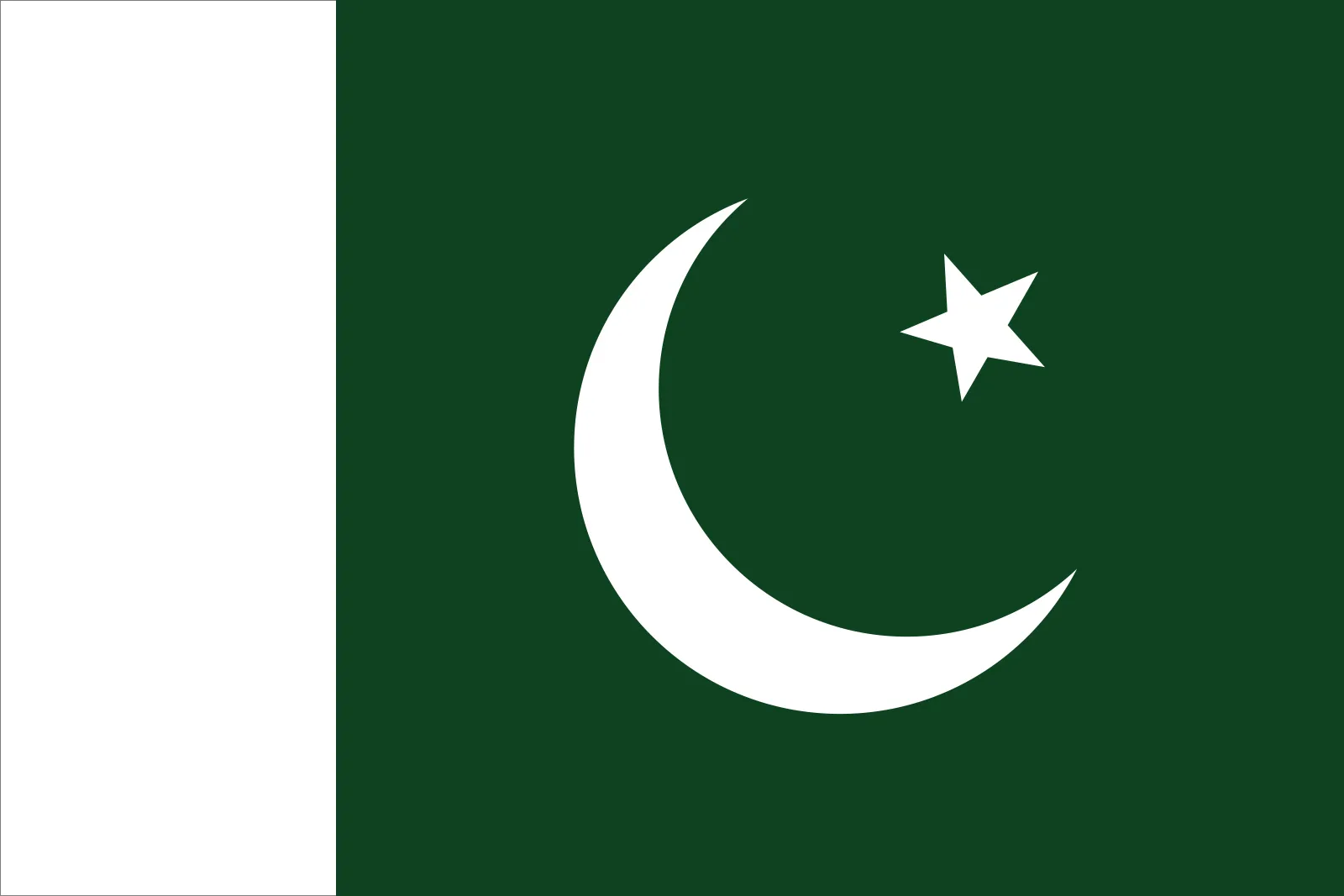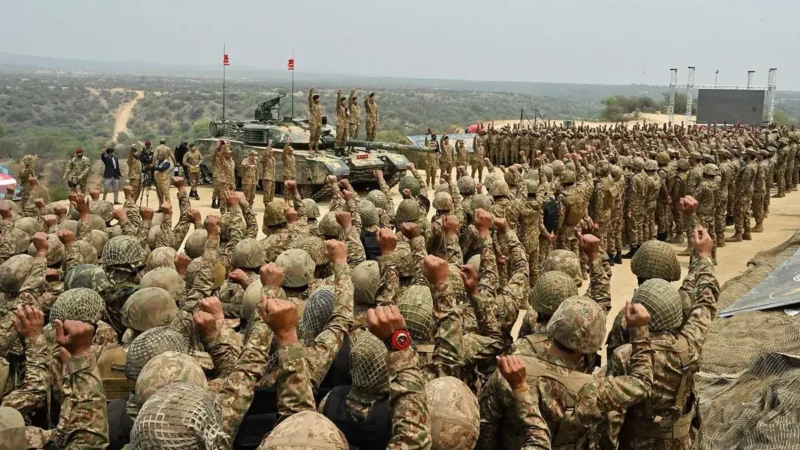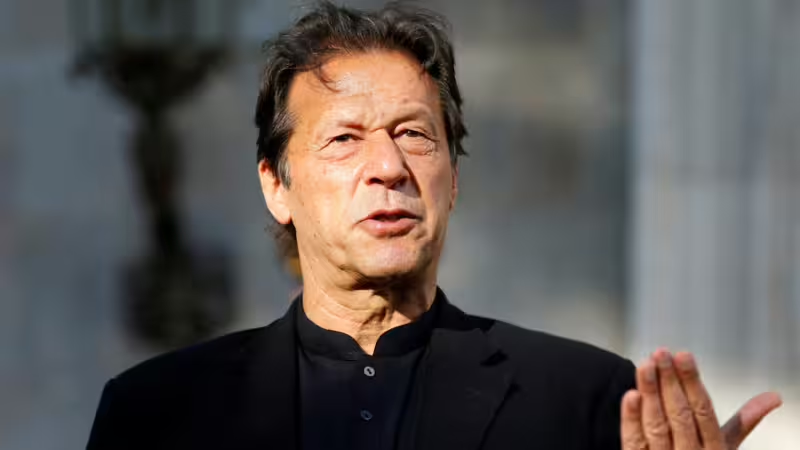Political Protection for Dacoit Gangs and Criminal Mafia in Pakistan

Dacoit gangs and criminal mafias have a long history in Pakistan, particularly in the riverine areas of Sindh and Punjab. These gangs are notorious for their involvement in various criminal activities, including kidnapping, extortion, murder, and smuggling. It is impossible to estimate the exact number of mafia-style groups operating in Pakistan. The most well-known mafia-style groups are the People’s Aman Committee, D-Company, the Altaf Khanani Money Laundering Organisation, the Chotu gang and the Ladi gang.
The Pakistani mafia is also involved in a wide range of illegal activities, such as drug trafficking, arms smuggling, land grabbing, and money laundering. These organised crime groups operate both within Pakistan and internationally, with connections in countries like Afghanistan, the UK, and Canada
Sufficient evidence also suggests significant interaction between state actors and mafiastyle groups. In cities like Karachi, criminal organisations and political parties often have intertwined relationships. These connections are driven by mutual benefits, where political parties may use mafia groups for muscle power and to maintain control over certain areas, while mafia groups gain protection and influence through their political affiliations.
While some have links to political parties, others are tolerated or even protected by state actors for political interests. Many organisations thus blur boundaries between mafia-style and political groups, such as the political party Muttahida Qaumi Movement (MQM) and its affiliated armed groups engaging in various forms of criminality such as extortion and targeted killings.
Armed gangs reign with impunity in Karachi holding hostage the city of 18 million people. More than 7,000 people are estimated to have been killed in violence since 2008 as political parties, sectarian outfits and crime mafias battle for domination. But even this high casualty figure does not fully reflect the magnitude of the disorder gripping the metropolis. The near collapse of law-enforcement and governance has turned Karachi into a virtually lawless territory with the population living in a perpetual state of fear. Patronised by ruling political parties and sectarian groups, scores of criminal gangs vie for control over land and the city’s other resources. Mafias have moved in, filling the vacuum left by a failing state. Extortion and kidnapping for ransom have become a highly lucrative business.
Businessmen are forced to pay protection money for their survival. Factories are closing down as investors move to other areas. Awash with sophisticated firearms the city is sitting on a powder keg ready to explode with drastic consequences for the country’s economic and political stability.
Some of the problems of Karachi are rooted in its fast-changing demographic profile. According to some estimates, close to a million people are added to its population each year, making Karachi the fastest-growing city in the world. According to some studies, more than 200 well-armed criminal gangs with political patronage are operating in Karachi earning it the dubious reputation as one of the most violent cities in the world.
The working of the police is subject to powerful criminal mafia, enjoying patronage of political parties. Karachi’s main political parties are responsible for patronising criminal mafia-style gangs. What has made the situation more dangerous is the inability of the government to crack down on the perpetrators, many of whom are said to come from within the ranks of the coalition partners. The PPP, which heads the government in the province, is also allegedly patronising some of the criminal gangs to expand its political base in the city, causing the violence to escalate.
Political parties collaborate with licit and illicit actors in order to gain control of the city’s resources. Power is divided regionally with particular groups having power in particular regions of the city. For example, the poor urban settlement of Lyari is controlled by one of the prime criminal groups engaged in drug trafficking.
The state no longer has a monopoly on violence but instead acts as a referee of sorts, presiding over competing contenders for Pakistan’s political and economic resources. In this order, violence is employed by political players as well as the state as a display of hegemony. Violence also increases along with the number of political contenders.
In her article for ‘Under the Gun: Political Parties and Violence in Pakistan’ published in Cambridge University Press (2023) Niloufer Siddiqui explains why and how political parties in Pakistan deploy violence. She argues that political and economic circumstances give rise to the incentives that parties face to maintain violence specialists either within the party or to develop ties with external specialists. The choice to employ violence is driven by a fairly straightforward assessment of costs and benefits of doing so for the party.
Successive governments have ceded authority to organised criminal actors for the provision of housing and water. This devolution of power can be explained by limited resources, poor policy planning, and a rapidly increasing population of Pakistan. Efforts made to reassert state authority have had limited success. The result of these operations in different parts of Pakistan was the recruitment of criminals into terrorist groups to carry out revenge attacks jointly, in the process confusing law enforcement officials in terms of the source and planning behind these violent and destructive activities. The state’s lack of success in scaling back non-state actors reveals that, in the past two decades, Pakistan’s political landscape has grown to include new types of non-state organised criminal players on a permanent basis. Crime and gang activity in Pakistan does not occur because of a power void or incapacity of state. Rather, it is the political parties themselves, rather than the criminals, gangsters and terrorists, who are at the forefront of violent and criminalised politics in Pakistan.





